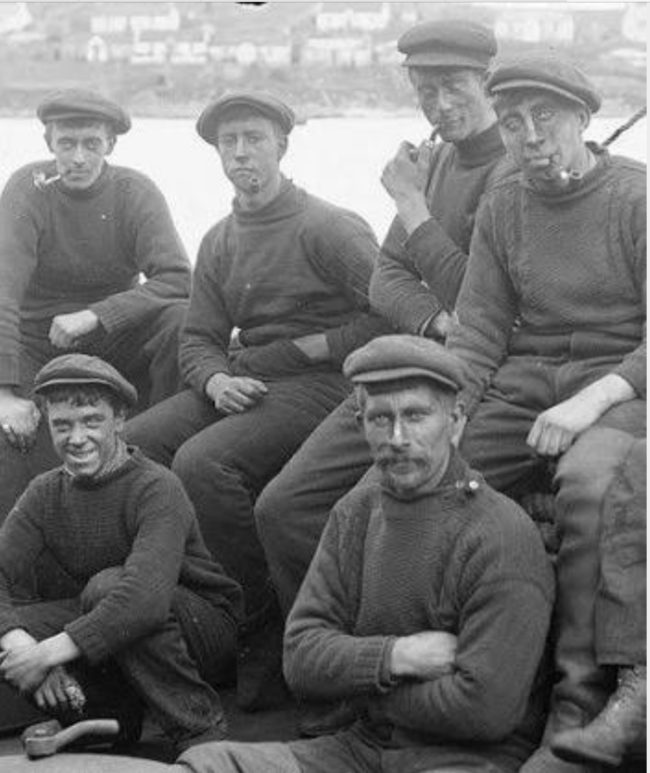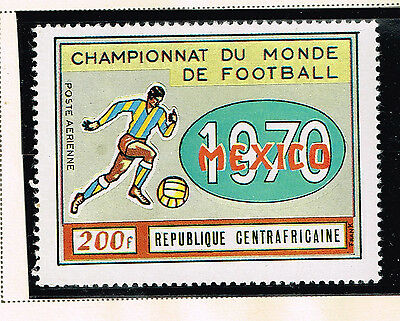Fashion’s global elite and their money
I do not know precise numbers but I’d bet the vast, vast majority — and maybe all — of fashion’s leaders (owners, designers, editors, etc) and the principal consumers have much of their money lodged in tax havens. Over at Catholic World Report, I have an assessment of a recent Vatican document’s arguments about the…









